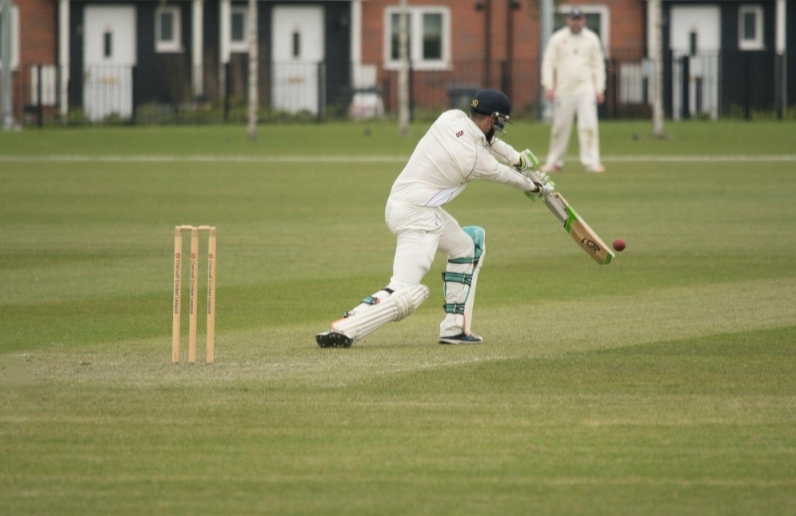Trending Now
- 830 voters names go missing in Kavundampalayam constituency
- If BJP comes to power we shall consider bringing back electoral bonds: Nirmala Sitaraman
- Monitoring at check posts between Kerala and TN intensified as bird flu gets virulent in Kerala
Sports
Wisden accuses English cricket of ‘raising a finger’ to BLM in 2021 edition
![]() April 15, 2021
April 15, 2021
Were England’s cricketers too hasty in their decision to stop taking a knee last summer? It is a charge laid down by this year’s Wisden, which states the move to quietly abandon the Black Lives Matter gesture “raised a finger” at the issue.
The editor’s notes in the 158th edition of cricket’s “bible” initially praise England and West Indies for taking a knee during the first Test series of the Covid-affected season, as well as Jason Holder (one of the five cricketers of the year), Michael Holding and Ebony Rainford-Brent for powerful testimonies on the topic of racial inequality.
However, after England and Ireland repeated this pre-match display of unity before their three one-day internationals, it then disappeared for the visits of Pakistan and Australia. Lawrence Booth, the Wisden editor, echoes Holding’s view at the time, when the Sky commentator and former West Indies fast bowler spoke of “lame excuses”.
Booth writes: “For a while, cricket said and did the right things. The ECB admitted they had let things slip, and promised action. But cricket isn’t fond of radicalism (unless there is money to be made). Predictably, it lost its nerve. By the time Pakistan arrived, taking a knee had been quietly dropped, amid supposed concerns about the politicisation of BLM.
“When the Australians touched down, both they and England made noises about placing education above protest, as if they couldn’t coexist. From two countries with mainly white teams and a dubious history of race relations, the optics were terrible.
“Cricket has been here before: a sympathetic ear, a pat on the shoulder, a promise that things will change. They never do, but this time they must. By not taking a knee, cricket raised a finger.”
Elsewhere, in a relatively slimline edition (albeit still 1,248 pages, down from 1,536 last year), Wisden explores diversity in cricket with an essay by Rainford-Brent, remembers those in the sport lost to Covid-19 and credits the England and Wales Cricket Board for a swift response to the pandemic that still allowed international cricket to be staged – even if the inequality of the global game was later exposed by a raft of cancellations.
As a golden oldie itself, Wisden also names Darren Stevens among its five cricketers of the year. Aged 44 years and 350 days at the time of Thursday’s publication, and having taken 29 Bob Willis Trophy wickets at 15 apiece, the Kent all-rounder is the fifth oldest recipient and the most senior since Ewart Astill (45 years and 45 days) in 1933.
long with Holder and Stevens, Zak Crawley and Dom Sibley also receive this once-in-a-career award – the former for his 267 at the Rose Bowl, the latter for providing “the glue England needed at the top of their Test order” – as does Mohammad Rizwan, an “electric presence behind the stumps” during Pakistan’s 1-0 series defeat.
Ben Stokes is named Wisden’s leading cricketer in the world for the second year running, his 641 Test runs at 58 the most during the 12-month period, with Australia’s Beth Mooney awarded the women’s equivalent after starring in the T20 World Cup. Kieron Pollard of West Indies is the leading Twenty20 cricketer in the world thanks to a strike-rate of 199 and an average of 53 that “rewrote the rules”.
























